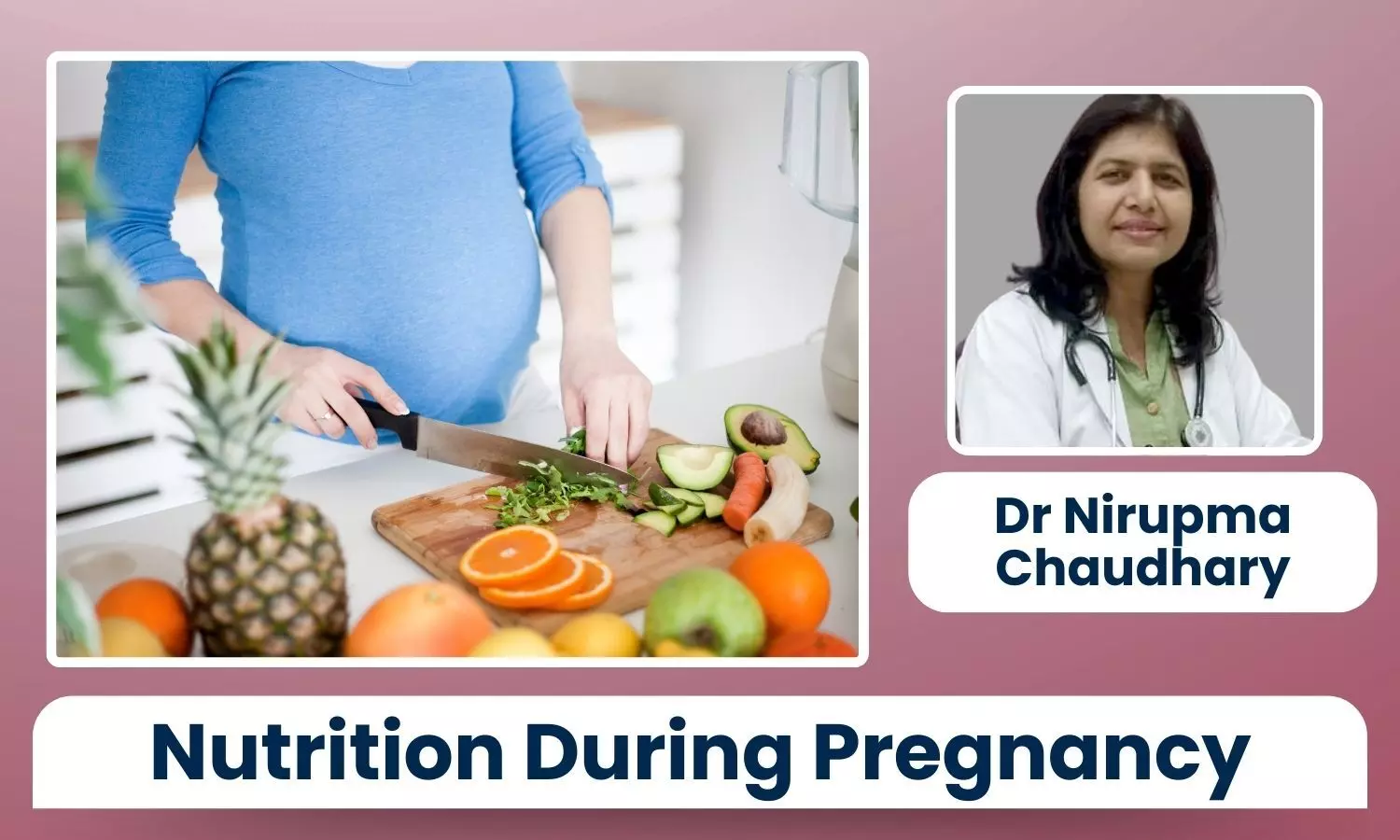Cultural Diets and Micronutrient Deficiencies: Rethinking Nutrition During Pregnancy - Dr Nirupma Chaudhary

Dietary patterns, often shaped by long-standing traditions and practices, significantly influence food choices, including those made during pregnancy. While these established diets may offer certain benefits, they can sometimes lack the diversity needed to meet the increased nutritional demands of gestation.
Consequently, pregnant women may experience deficiencies in essential vitamins and minerals, potentially impacting both maternal and fetal health.
Dietary Influences on Nutritional Intake
Food choices are influenced by a complex interplay of factors, including regional agricultural practices, climate, and socioeconomic conditions.
For example, plant-based diets, while providing valuable fibre, antioxidants, and certain vitamins, may be naturally lower in key nutrients such as vitamin B12, iron, zinc, and omega-3 fatty acids, which are more abundant in animal-source foods.
The Challenge of Micronutrient Deficiencies in Pregnancy
Pre-existing nutritional deficiencies are common among women, and pregnancy exacerbates this risk. Iron deficiency remains a prevalent concern, potentially leading to fatigue, anaemia, and increased risk of pregnancy-related complications.
Vitamin B12 deficiency is also a significant issue, particularly for individuals adhering to plant-based dietary patterns and can negatively affect fetal neurological development.
Vitamin D deficiency is another widespread concern, even in regions with abundant sunlight exposure, often resulting from limited sun exposure or inadequate dietary intake. Deficiencies in calcium, iodine, and zinc are also frequently observed, each playing a critical role in maternal and fetal well-being.
The Importance of Calcium and Vitamin D
Calcium is a crucial micronutrient during pregnancy, essential for fetal skeletal development. Individuals following strict vegan diets or those who avoid dairy products, whether by choice or due to lactose intolerance, may be at increased risk of calcium deficiency.
Vitamin D is vital for facilitating calcium absorption. Inadequate intake of both calcium and Vitamin D during pregnancy can contribute to adverse outcomes such as gestational diabetes, preeclampsia, impaired fetal growth, and low birth weight. Ensuring adequate calcium and Vitamin D intake is crucial for both maternal and fetal health.
Research indicates that women frequently experience multiple concurrent micronutrient deficiencies. For example, studies suggest that a substantial proportion of women may have low vitamin B12 and vitamin D levels.
These deficiencies can increase the risk of preterm birth, low birth weight, and impaired fetal development, potentially perpetuating a cycle of poor health across generations.
Strategies for Optimising Maternal Nutrition
Addressing these nutritional gaps requires a comprehensive and individualised approach that considers existing dietary patterns.
Healthcare providers should offer culturally sensitive nutritional guidance during prenatal consultations, suggesting appropriate dietary modifications and alternatives to address potential deficiencies. For example, plant-based iron sources can be combined with vitamin C-rich foods to enhance iron absorption.
Vitamin B12 can be obtained through fortified foods or supplementation. Calcium intake can be increased through the consumption of calcium-rich plant-based alternatives or supplements.
Vitamin D supplementation may be necessary in addition to appropriate sun exposure. Emphasising the importance of both calcium and Vitamin D is essential during these consultations.
Multiple Micronutrient Supplements (MMS) can be an effective strategy for addressing multiple nutrient deficiencies, particularly in populations with limited dietary diversity.
While dietary patterns are an important aspect of individual and community identity, it is essential to ensure that these patterns meet the physiological demands of pregnancy.
By understanding the nutritional strengths and limitations of existing diets, healthcare providers can provide tailored recommendations and supplementation strategies to promote optimal maternal and fetal health.
Disclaimer: The views expressed in this article are of the author and not of Health Dialogues. The Editorial/Content team of Health Dialogues has not contributed to the writing/editing/packaging of this article.


